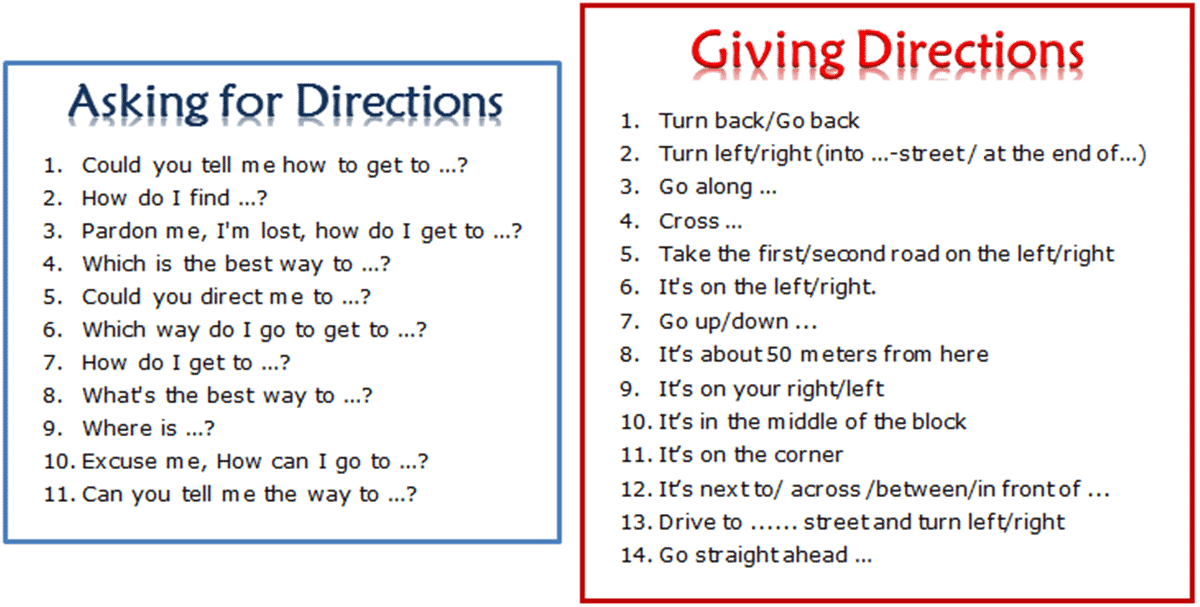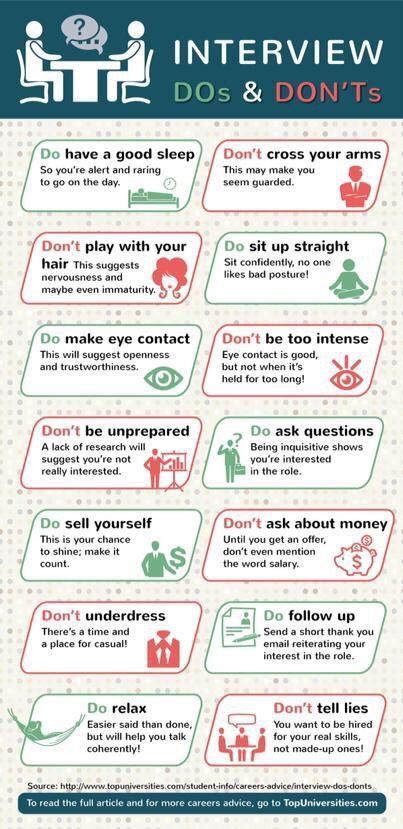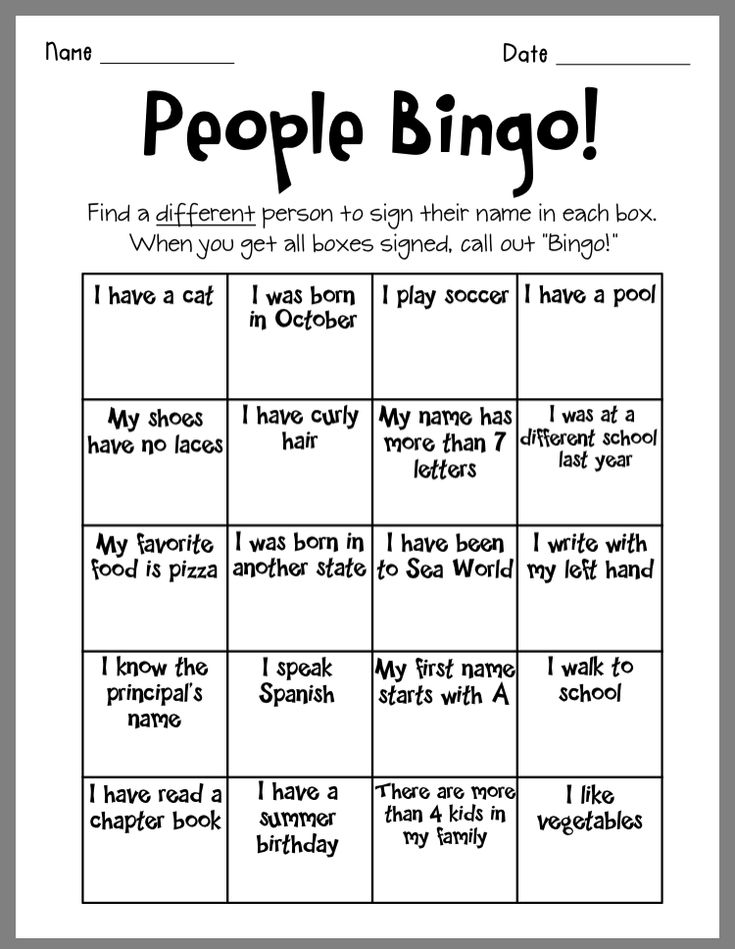Soccer is a demanding game, both physically and mentally. You’re on the move for a full 90 minutes, which means you’ll need great physical conditioning.
That’s not all, you’ll be making decisions and solving problems throughout a game as well.
This combination is tiring, but we’ve got some tips for playing soccer without getting tired.
Some key points we’ll cover today are:
To play soccer without getting tired, you’ll want to work on your stamina. Stamina is the ability to go through prolonged physical and/or mental effort.
So, good stamina is a key factor for playing a demanding game like soccer.
Let’s look at 5 ways to improve stamina for soccer:
If you work on these 5 areas, you’ll be prepared to play soccer without getting tired.
Please note, these areas aren’t listed in order of importance. We think all 5 are equally important.
Jogging long distances might be good for building overall stamina, but we want a better way to build soccer stamina.
Think about how you move on the soccer field during a game. You’re jogging, sprinting, turning, and jumping, etc.
These movements are more varied than just jogging.
So, you’ll want to do exercises that mimic your movement on the soccer field. Once your body becomes familiar with such movements, your stamina for soccer will improve.
Think about it this way. If you jog at a steady pace for 1 hour, your body will get familiar with that activity. It’ll become good at it.
But then if you play soccer, you’ll be doing a completely different activity level. Jogging at a steady pace won’t fully prepare you for those short sprints and other movements during a game.
Now, that’s not to say that jogging isn’t good. It’s just not the optimum exercise for soccer. Those soccer movements will make you tired quickly if your body isn’t familiar with them.
It’s just not the optimum exercise for soccer. Those soccer movements will make you tired quickly if your body isn’t familiar with them.
So, targeted exercises for soccer are the best way to improve your stamina for playing games.
To get an idea of targeted exercises, check out the video below:
If you play soccer, you’ve likely heard the term game fitness. This means getting enough game time so that you can play at the best possible level for 90 minutes.
Think about when a player hasn’t played soccer for a while. Maybe they’re coming back from injury.
The coach will likely start them off with 20 minutes of game time, and then build them up to the full 90 minutes from there.
That’s giving the player game time, and it allows them to build game fitness.
So, to improve your stamina for soccer, you’ll want to get game time.
Training with targeted exercises is a great way to build stamina. But nothing beats playing a real game to prepare your body for the physical demands of soccer.
Of course, all these things should be done together for the best results.
Along with your training, you’ll want to get as much game time as possible. That’ll set you up for success.
Game time not only builds your physical stamina, but it also builds your mental stamina. Let’s take a closer look at mental preparation now.
As well as physical preparation, you also need mental preparation for soccer to improve your stamina.
Think of soccer as decision-making and problem-solving in a physically demanding environment. You need to use your brain to make decisions and solve problems.
Using your brain also burns energy and affects stamina.
So, you’ll want to train your brain for soccer, just like you train your body. A good way to do this is to train smart.
That involves focusing on decision-making and problem-solving during your training sessions.
To work on mental preparation, it’s good to simulate real-game situations when you’re training. This will get you familiar with different situations on the soccer field.
If you’re mentally prepared for different situations, you won’t have to think as much during a game. It’s about making your decisions second nature.
You can do things on the soccer field without having to consciously think about them.
When you prepare mentally in training, it helps you to make decisions and solve problems without using too much energy thinking about them. This means your stamina will improve because your brain isn’t working as hard to make decisions.
Of course, playing a game is a more intense version of that. So, game time is important for mental preparation as well.
So, game time is important for mental preparation as well.
Watch this video for tips on mental preparation (it’s quite long):
Diet and hydration are important for everyone. But they’re especially important for a physically and mentally demanding game like soccer.
You want to feed your body with the best fuel to help improve your stamina.
Try to eat 3-4 hours before a game. It’ll give you time to digest your meal.
Playing soccer on a full stomach isn’t comfortable and can lead to cramps. Also, digesting food takes energy, which will affect your stamina during a game.
In your diet, you’ll want to get the right balance of carbohydrates, fats, and proteins. The ideal soccer player’s diet is 60% carbohydrate, 25% fat, and 15% protein.
The ideal soccer player’s diet is 60% carbohydrate, 25% fat, and 15% protein.
Cristiano Ronaldo follows a strict diet that’s helped him stay at an extraordinary level for so many years.
For carbohydrates, he prefers fresh, whole-grain bread and pasta. He also eats plenty of fruits and vegetables.
Avocado is a healthy source of fat, so it’s a good choice for soccer players.
Ronaldo’s main source of protein is fish and eggs, with an occasional steak. And he supplements his protein with protein shakes.
He stays away from sugary drinks, preferring water instead. Check out this famous clip from Euro 2020 to see for yourself:
It’s super important to stay hydrated for soccer, so follow Ronaldo’s example and drink plenty of water.
Soccer players should drink about 7-14 ounces of water 10 minutes before kick-off. And during the half-time break, you should drink about 10 ounces of a sports drink to replenish electrolytes.
In hot-weather training sessions, you should drink about 5 ounces of water every 20 minutes.
Staying hydrated will help your heart fuel your muscles, helping your physical stamina. And it’ll keep your brain functioning at the best level, meaning your mental stamina won’t suffer.
It’s important to warm up before any exercise, and soccer is no different. Warming up before a game or training helps your body prepare for physical activity. If you watch soccer, you’ll notice that players always warm up before a game.
This raises your body temperature and gets your muscles warm. Warm muscles help to prevent injury because they’re more elastic and absorb shock better.
Also, warming up helps your circulation. This means your body will be better at getting oxygen to your muscles, which helps to improve your stamina.
And let’s not forget about the mental side of warming up. It gets your body and brain working together and preparing for the game.
You might have heard the saying: Get your head in the game. Warming up helps you with that.
If you’re focused before a game, it’ll help with your mental stamina.
So, warming up helps you improve your physical and mental stamina for soccer.
You can get warm-up ideas from this video:
Those are our 5 areas to focus on if you want to play soccer without getting tired. Follow these and you’ll improve your physical and mental stamina for soccer.
But please remember that rest is important, too. You don’t want to overdo it. Find the right balance for the best results.
Sharing is caring :)
Fatigue is a natural part of the game. So, the aim should be to enjoy your game.
Physical fatigue is when your body doesn’t answer, when you lose the confidence to win.Fatigue can be both physical and mental.
No matter, if you are an amateur or a pro, getting tired will affect your performance and effectiveness. Any sport you play requires physical fitness which inculcates body balance, responsiveness, quickness and most important of all stamina.
The best way to find out the reason behind is to observe how you get tired rather than when you get tired. Focus on which moves or which part of the play tires your body.
1. Warm upAs a sportsperson, both warming up and cooling down after your match is quintessential. A warm-up before the game helps your body prep for the match.
A warm-up before the game helps your body prep for the match.
And a cooldown helps you recover from the tough game. This also helps you build up your stamina.
2. Psychological enduranceWhen we talk about stamina, it can be physical stamina or physical strength and mental stamina or psychological endurance. The solution is to avoid a game where your confidence is low.
You will have to spar slowly to learn comfortably.In other terms, don’t get into the deep water before you have started learning how to swim.
So, when you get into a game, don’t focus on saving energy instead spend energy to play. Your mind is going to be weary thinking about saving energy during the play.
Play effectively and for a beginner, pay attention to playing smart rather than conservatively or toned-down.
Diet plays a big role for any person on Earth, let alone an athlete. You ought to watch what you eat. Ensure that you eat 2-3 before you sleep at night. Go for a brisk walk after meals. 20 minutes after a meal, go for walks.
Sip hot water early in the morning or during the day. This will improve your digestion and metabolism which in turn help you build stamina.
Protein is the key – boiled eggs, pulses.Consider eating good fat like dark chocolate, flax seeds. A 5 –meal routine will help you with your metabolism as well. Eat in small portions.
Watch your sodium intake since you lose sodium so much of it while sweating. And the deficiency in sodium might lead you to dizziness and lightheadedness.
Most of all, avoid quick fixes like caffeine or energy drinks (contain sugar). Take in carbs (pasta, brown bread) to have a steady stream of energy.
4. Breathing practices/ Mouth breathingAlways consider breathing during a game. Breathing practices are necessary for the body to intake oxygen. When you breathe, the oxygen is converted into energy.
Breathing practices are necessary for the body to intake oxygen. When you breathe, the oxygen is converted into energy.
Players usually get tired due to oxygen deficiency. The fix is to avoid playing harder than your breath. Your cardiovascular endurance is your body’s breathing capacity.
Establish a breathing rhythm and learn this technique – Inhale and then hold your breath for 8 seconds. Then exhale slowly. Repeat this 2-4 times.While running, it is advisable that you breathe with your mouth. Mouth breathing helps bring a lot more amount of oxygen than your nose.
Try cardio exercises (jumping rope) and endurance workouts. Doing more cardio increases the oxygen intake of your body.
5. PracticeThe most essential element of this process is “Practice”. Even world-class players stress on this. Your body once used to the time of practice, the rigorous amount of playing sessions will help you cope with the bodily stress.
Or else, you will feel your muscles getting tired and sore faster. Learn the right technique of the game while practising.
Build a strong core body. Consider doing sit-ups rather than push-ups. Work out on your core strength 2-3 times a week. Since all your power is generated by the core, the limbs are connected to it.
Conclusion:Getting tired is a part of the game but getting tired during a game is half the excitement.
Total
Shares
A Drifter for now, free thinking and observant. An animal lover especially my pets.I believe in honesty. I'm detail oriented which can be annoying at times.
 Launch a sprint
Launch a sprint Just playing futsal, are you out of breath tired? Wow, you can lose yourself because you were forced to sit in the audience instead of playing with your teammates. This is a sign that you need a special workout to increase your stamina while playing futsal. How do you increase endurance so you don't get tired easily? Check out the following tips!
Because the futsal field is smaller than a regular football field, you also need to be more nimble, nimble and faster in matches. You must be able to change the maneuver at any time and must be able to run at high speed. That's why you can get tired faster when playing futsal.
That's why you can get tired faster when playing futsal.
Keeping fit is the key to improving your endurance and performance in the field. Take it easy, you can cheat five special tricks to be better and more energetic while playing futsal. Here are five ways.
Sprinting training will help you not get tired if you need to move quickly and quickly in the field. To practice sprints, look for a straight treadmill about 30 meters away. Then run back and forth as fast as you can.
Try running seven times (for a total of fourteen or more backwards) with a pause of about 25 seconds before running in the opposite direction. Write down the time you ran and use the standard time for the exercise.
Interval training is very useful for increasing endurance. The reason is that your body will be trained to regulate the intensity of physical activity, which is constantly changing. Interval training requires you to do high intensity exercises for a few minutes and then light intensity exercises.
Start by warming up for fifteen minutes. Then you can choose, for example, to run or ride a bike, but it must be of high intensity or speed for three minutes. Then continue running or cycling slowly for three minutes. Repeat up to about three times, then finish with chilling for ten minutes.
In order for your heart to pump the blood supply to your whole body while playing futsal, you must do cardio exercises regularly. You can choose the type of exercise you like. For example, running, swimming, jumping rope or cycling.
You can get tired easily because your own lifestyle is problematic. Suppose you are not moving, so that all the muscles in your body feel tense. Or are you overweight? Smoking can also cause you to get tired easily while playing futsal.
Well, in order to increase your endurance for training, you must lead a healthy lifestyle. Make sure you eat a balanced diet, drink plenty of water, get enough rest every day, and don't forget to quit smoking right now.
Wall exercises can help increase muscle resistance in the thighs and legs. You will also be able to work longer without stiffness.
The way to do this is quite simple. Stand with your back straight to the wall. Open both legs to shoulder width. Then lower your body and bend your knees as if you want to sit in a chair. Make sure the distance between the calf and the legs is about 30 centimeters from the wall.
Raise and lower your body several times. Each of your knees forms an elbow angle (90 degrees) by holding this position for one minute. Then stand up straight again. Later, when you get used to doing wall squats, you can add dumbbells to each arm.
Easily tired when playing futsal? These are 4 ways to increase stamina
Rated 4/5 based on 2699 reviews
Thousands of people give up running because of shortness of breath, which haunts them during the first workouts. “I can’t breathe”, “It’s too hard”, “I don’t have enough air” - this is how beginners list their symptoms, not knowing that there are proven effective ways to deal with them.
“I can’t breathe”, “It’s too hard”, “I don’t have enough air” - this is how beginners list their symptoms, not knowing that there are proven effective ways to deal with them.
Dmitry Averyanov, an athlete and triathlete, told Sovetsky Sport how to start running and not suffocate:
- The three most common causes of shortness of breath if you start running are overweight, smoking, general "distrainedness". The easiest thing to do with the last point is that the endurance required for running develops quite quickly - as a rule, already at the end of his first 5-7 week running program, the athlete feels much more confident. Breathing normalizes, running itself becomes more pleasant and easier - a person begins to get real pleasure from it.
Articles | How to start running if you smoke
Being overweight and smoking will make running more difficult. However, even the presence of these two "aggravating" circumstances should not turn the first running workouts into a race to the bottom: when you cough, choke, circles go before your eyes - but you want to reach the end of the distance, no matter what it takes.
Severe shortness of breath is an indicator that you have planned your workout incorrectly. A common beginner mistake is to start running fast right away, believing that “slow” running is not beneficial. This is not true! It has been proven that just a very comfortable run at a slow speed is the best way to strengthen the cardiovascular system and start metabolic processes, as a result of which you lose excess weight. So if you're out of breath, run slower. We slowed down, controlled breathing - it didn’t get any easier, we lowered the speed even more. And so - until the transition from running to fast walking.
Articles | Inhale-exhale. How to breathe while running
The second point is breathing itself. Beginners in running schools are taught to control their breathing in steps: two steps - light breaths, two steps - light exhalations. This teaches the respiratory and cardiovascular systems to work evenly when running. Wean yourself while running from big deep breaths: when you want to inhale as much as possible, inhale “forward”. Make sure not to hold your breath and breathe constantly while running. Control yourself: two short breaths through your nose or mouth - and two short exhalations through your nose. If it is more convenient for you, count the inhalations-exhalations to yourself - one-two, one-two.
Make sure not to hold your breath and breathe constantly while running. Control yourself: two short breaths through your nose or mouth - and two short exhalations through your nose. If it is more convenient for you, count the inhalations-exhalations to yourself - one-two, one-two.
The third point is that it is better to start running on flat surfaces without height differences. Firstly, it will be easier for a beginner to master the running technique. Secondly, a flat track will allow you to better control your breathing. I understand that it is best to run in parks or woods, but first, spend 2-3 weeks on a smooth introduction to running: go to the treadmill at the school stadium next door.
Well, and the last thing: in the future, weight should be normalized, and bad habits should be abandoned. It often happens that if a person suddenly begins to seriously get involved in running, everything that interferes with training gradually disappears by itself. The number of cigarettes smoked is reduced to a minimum, or the runner quits altogether.